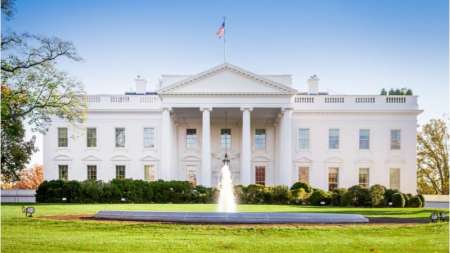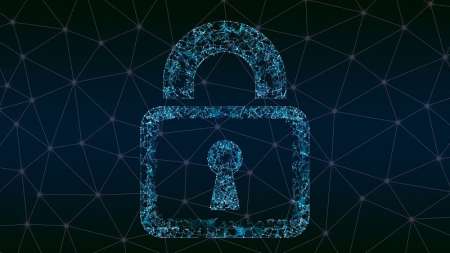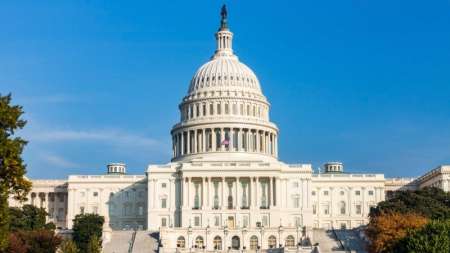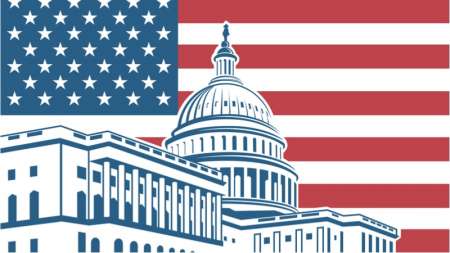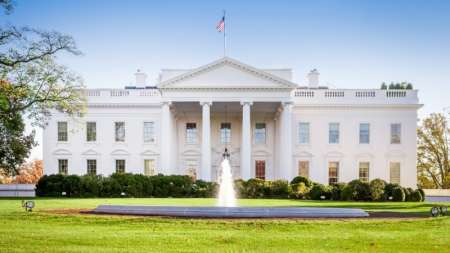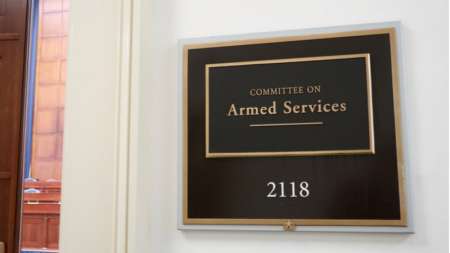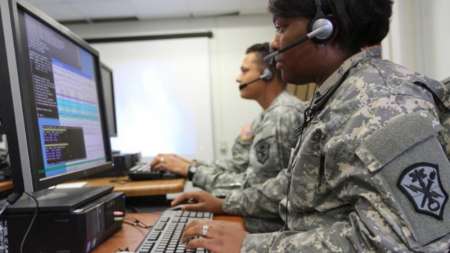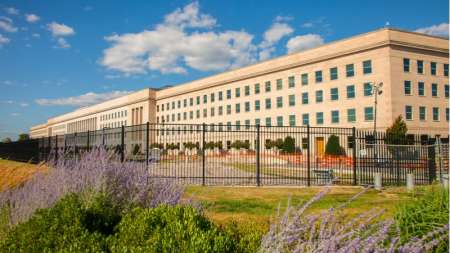The Biden administration plans to launch a process to review and revise U.S. critical infrastructure protection policy, including providing guidance to agencies on designating certain critical infrastructure (CI) as “systemically important.” […]
Rep. Jim Langevin, D-R.I., one of the leading voices on cybersecurity in Congress, is pushing for an amendment to the FY2023 National Defense Authorization Act (NDAA) to include two items he has long advocated – the creation of a class of a “systemically important” critical infrastructure providers, and the formation of a government Bureau of Cyber Statistics. […]
Rep. Jim Langevin, D-R.I., announced Tuesday he will not seek reelection in November, ending a 22-year career in Congress marked by groundbreaking work in cybersecurity policy. […]
Rep. Jim Langevin, chairman of the House Armed Services Subcommittee on Cyber, Innovative Technologies, and Information Systems said today that current debates surrounding the Defense Department’s ongoing migration to cloud-based systems need to proceed further toward security and optimization topics in preparation for reaching the eventual goal of a DoD enterprise cloud. […]
Federal officials should focus on crafting policies that support the use of AI in cybersecurity, and continue to develop the AI workforce, the Information Technology Industry Council (ITI) recommends in a March 24 report. […]
After incorporating some of the National Security Commission on AI’s recommendations in the Fiscal Year (FY) 2021 National Defense Authorization Act (NDAA), Reps. Jim Langevin, D-R.I., and Elise Stefanik, R-N.Y., hope to incorporate more of the commission’s final recommendations in the FY 2022 NDAA. […]
The Cyberspace Solarium Commission, a congressionally-chartered group charged with delivering recommendations to improve U.S. cybersecurity, today issued its latest in a series of white papers on the subject – this time urging the U.S. to take steps to protect critical information and technology (ICT) supply chains from Chinese and other adversarial nations. […]
Reps. Jim Langevin, D-R.I., and Doris Matsui, D-Calif., introduced a bill Oct. 16 to improve cybersecurity at K-12 schools. The Enhancing K-12 Cybersecurity Act would work to promote more access to security information, better track attack trends, and increase the number of cybersecurity experts in schools. […]
Reps. Bill Foster, D-Ill., John Katko, R-N.Y., Jim Langevin, D-R.I. and Barry Loudermilk, R-Ga. on Sept. 11 introduced legislation to improve the nation’s digital identity infrastructure. […]
Former National Security Agency (NSA) Deputy Director Chris Inglis knows something about cyber education. Inglis is a professor – currently serving as the Looker Distinguished Visiting Professor of Cyber Studies at the U.S. Naval Academy – and he says the nation needs more coordination and investment in cyber education to meet its needs going forward. […]
Rep. Jim Langevin, D-R.I., chairman of the House Armed Services Committee’s Subcommittee on Intelligence and Emerging Threats and Capabilities, voiced support at a July 30 subcommittee hearing for the European Union’s placement of sanctions on Russian, Chinese, and North Korean entities for their role in high-profile cyber attacks. […]
Top officials with the National Security Commission on Artificial Intelligence on July 29 detailed their recommendation that Congress create a Digital Service Academy to increase the government’s overall technological capabilities. […]
Rep. Jim Langevin, D-R.I. – one of the pioneering policy voices in Congress on cybersecurity issues – told MeriTalk in an exclusive interview that legislative oversight of Federal government actions in the cybersecurity arena remains “absolutely essential.” […]
A former chairman of the House Permanent Select Committee on Intelligence and the United States Chamber of Commerce are the latest additions to a growing list of supporters for a key recommendation of the Cyberspace Solarium Commission–a National Cyber Director. […]
The House Armed Services Committee spent Wednesday compiling its version of the annual National Defense Authorization Act, a process that could continue into the late evening or tomorrow if necessary, said the committee’s chairman. […]
A bipartisan group of six House members this week introduced a bill to establish a National Cyber Director in the Executive Office of the President to coordinate cyber policy across the Federal government. […]
The Senate’s annual defense bill puts the Secretary of Defense on the hook for a plan on the U.S.’ “cyber hunt forward operations,” a strategy ostensibly outlined by National Security Presidential Memorandum 13, which governs offensive cyber operations and had not been seen by members of congressional defense committees for months after its 2018 adoption. […]
The House Armed Services Committee’s Subcommittee on Intelligence and Emerging Threats today approved by voice vote legislative provisions for cyber education efforts, a report on quantum computing, as well as oversight of the National Guard’s role in responding to cyber incidents. […]
With several primary elections taking place today and the general election less than six months away, the group tasked by Congress to make recommendations to improve the nation’s cyber defenses made several additional recommendations to secure the 2020 elections. […]
Four Congressional leaders sent a letter to the Secretary of Defense contesting the potential elimination of the cyber college at the National Defense University (NDU). […]
In an era where many government operations are data driven, clear metrics in cyberspace have remained elusive, and several individuals involved with the Cyberspace Solarium Commission are looking to change that as annual defense bills are being drafted. […]
With the release of the Cyberspace Solarium Commission report, there has been much discussion about the future of cyber policy. A key component of the Trump administration’s current cyber policy, however, has been obscured from Congress for months, until recently. […]
The Congressional Budget Office (CBO) found that the Cybersecurity Vulnerability Identification and Notification Act of 2020 (H.R. 5680) could slightly lower the deficit, but not by a significant amount. The bill, introduced by Rep. Jim Langevin, D-R.I. on Jan. 27, would authorize the Cybersecurity and Infrastructure Security Agency (CISA) to issue administrative subpoenas in rare […]
The House Homeland Security Committee today voted to approve two bills important to the Cybersecurity and Infrastructure Security Agency (CISA) and its leadership and legal authorities. […]
The Cybersecurity Skills Integration Act introduced in the House last week to jumpstart development of career and technical education training initiatives that incorporate cybersecurity into the curriculum–appears to have one major unresolved issue: competing for qualified instructors in the white-hot market for cybersecurity professionals. […]
On Tuesday, Representatives Jim Langevin, D-R.I., and Glenn Thompson, R-Penn., introduced the Cybersecurity Education Integration Act, a bill that would establish a grant program to develop career and technical education (CTE) classes that include cybersecurity fundamentals. […]
Immediately following National Security Advisor John Bolton’s decision to eliminate the post of one of the President’s top cybersecurity advisors, lawmakers pushed back with legislation aimed at reinstating the position and requiring Senate confirmation for it under a newly established National Office for Cyberspace. […]
The Pentagon has a lot of dogs in the artificial intelligence fight. Now it seems to be setting up shop to get those puppies groomed and ready for the big show. […]

